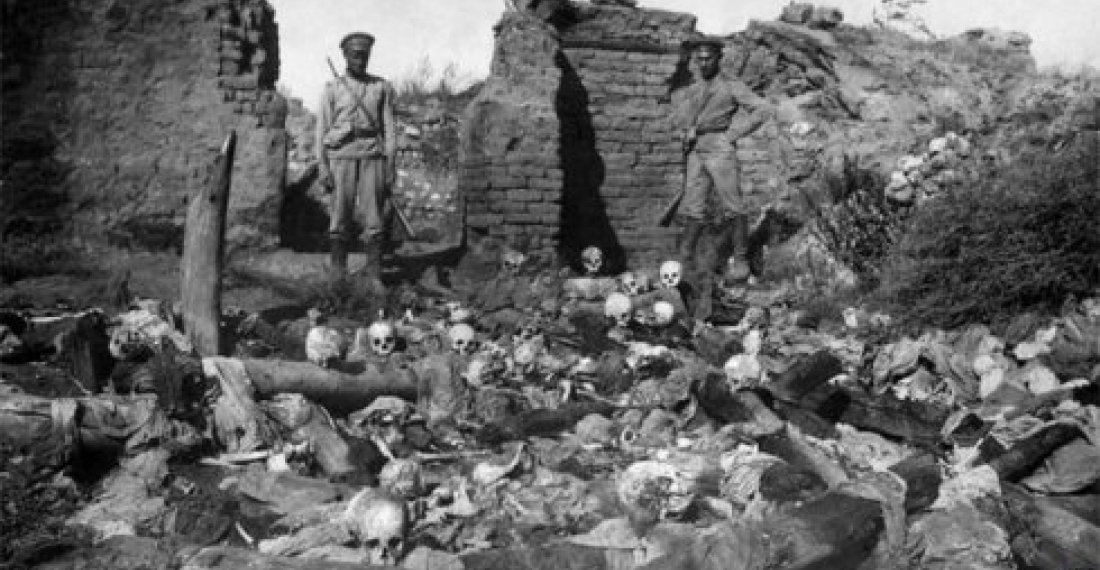The United States House of Representatives has voted overwhelmingly in favour of recognising the mass killing of Armenians by Ottoman Turks during World War One as a genocide.
The House also voted overwhelmingly to call on President Donald Trump to impose sanctions on Turkey and some of its officials over the offensive in Syria in the last days. The resolution passed by a vote of 405 to 11.
House Speaker Nancy Pelosi joined her colleagues "in solemn remembrance of one of the great atrocities of the 20th Century".
The large and influential Armenian community in the United States has warmly and enthusiastically welcomed the resolution. Armenian organisations have for years been lobbying at all levels of the US government to secure "genocide recognition"
On the other hand, Turkey has strongly condemned the move. Foreign Minister Mevlut Cavusoglu called the vote "null and void", linking it to Turkey's military offensive against Kurdish fighters in northern Syria whom it regards as terrorists. Kurdish troops have been allied to the US in fighting the Islamic State (IS) group.
Mr Cavusoglu tweeted: "Those whose projects were frustrated turn to antiquated resolutions. Circles believing that they will take revenge this way are mistaken. This shameful decision of those exploiting history in politics is null and void for our Government and people."
Turkey denies that there was a systematic campaign to slaughter Armenians as an ethnic group during World War One.
The BBC on its website sums up the genocide controversy as follows:
There is general agreement that hundreds of thousands of Armenians died when the Ottoman Turks deported them en masse from eastern Anatolia to the Syrian desert and elsewhere in 1915-16. They were killed or died from starvation or disease.
The total number of Armenian dead is disputed. Armenians say 1.5 million died. The Republic of Turkey estimates the total to be 300,000. According to the International Association of Genocide Scholars (IAGS), the death toll was "more than a million".
The dispute about whether it was genocide centres on the question of premeditation - the degree to which the killings were orchestrated. Many historians, governments and the Armenian people believe that they were; but a number of scholars question this.
Turkish officials accept that atrocities were committed but argue that there was no systematic attempt to destroy the Christian Armenian people. Turkey says many innocent Muslim Turks also died in the turmoil of war.
souce: commonspace.eu with BBC and agencies
photo: Skulls lie in the ruined Armenian village of Sheyxalan in 1915 (archive picture)






